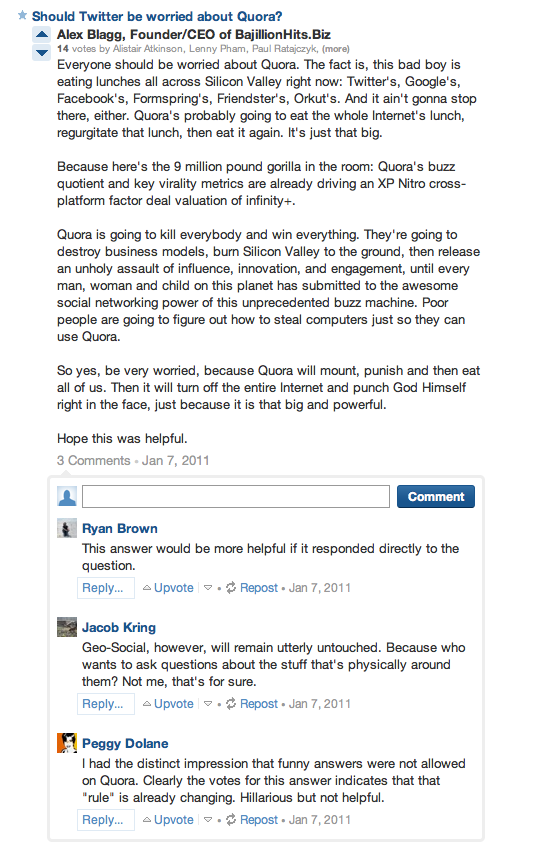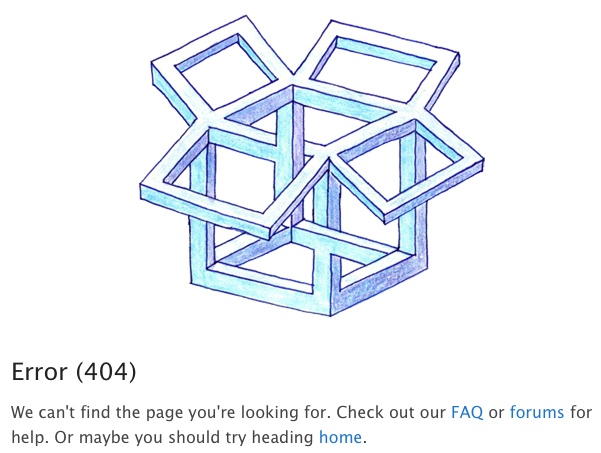What you have below is, in many ways, a classic stock photo. In fact, person writing abstract concepts on mirror is what you might call a stock stock photo. This one’s useful for those times when you need an image to complement a tough-to-illustrate subject and you’re too busy, too cheap, and/or too careless to find something, anything else.

This particular iteration—with its realist (i.e. not great) handwriting and duder with vaguely Euro-style shirt (or is it Eastern?), chin hair, and a neck as thick as his head—is actually quite unique. The nationality of the subject is hard to trace (the shirt creates ambiguity, but I’d put him somewhere in Eastern Europe) and he doesn’t seem particularly bright, so you’re not sure if he’s writing these economic terms for our edification or his own. I suspect it’s the latter.
Is it the worst stock photo? No. It’s bad, but they get much, much worse.
See also: Women Laughing Alone with Salad
January 14, 2012
Bill Walsh is amused at the fierce debate over whether “No problem” is an acceptable substitute for “You’re welcome.” It’s the typical story: some see “no problem” as a sign of the Apocalypse, others see it as a harmless colloquialism.
You can see the various arguments on this very entertaining thread on Consumerist.com. Here’s a sampling, starting with the silliest:
When I thank you for assisting me, giving me something, or providing me with a service in some manner (as in a CSR), and I express my appreciation by saying “Thank you” – and then you reply by saying, “No problem” – it implies that I might have troubled you or caused a “problem” for you in some manner, but that you’re letting me off the hook by saying that, in fact, it was not a problem.
OTOH – When you reply with, “You’re welcome”, it the implication is that it was somehow your pleasure to assist me and you welcomed the opportunity.
In fact, when somebody tells me “Thank you” I will often reply with, “My pleasure.”
If you ask me (and nobody did) – “No problem” is a dumb-down phrase, bad grammar and poor usage of the English language.
And some snark:
I actually prefer something a little more formal like, “Oh you are most welcome, dear Sir”, or “It is my most sincere pleasure to assist you, Master”. Extra points if they bow and scrape.
And:
I’m probably the pedantiest pedant that ever walked the earth. Get off my lawn and all that. “No problem” is just fine. It’s not a dumbing down of the English language or grammar–it’s a colloquialism. Colloquialisms are just fine, especially in spoken form (spoken forms of languages are always less formal than the written forms.)
And:
I’ve always *preferred* to use “No Problem” or “No Trouble” to “You’re Welcome” because it seems like “You’re Welcome” implies that there was something requiring gratitude.
In Spanish they have “de nada”, “it’s nothing”
Likewise in French
Blogslot: No Problem. I’m Fine
January 10, 2012
Defending the singular ‘they,’ the Baltimore Sun’s John McIntyre makes an important point:
I do wish people would stop talking about what is “logical” in English. Languages abound in elements, such as idioms, that make no logical sense. I wish they would be clearer about distinguishing rules from personal aesthetic preferences. There are plenty of rules, like the order of adjectives or subject-verb agreement—though the latter is a good deal more complex than addressed in the fifth grade. I wish that more people were willing to throw the rubbish overboard—bogus rules, superstitions, class shibboleths.
You Dont Say: Are you smarter than a fifth-grader?
See also: Dogma vs. Evidence: Singular They
January 5, 2012





